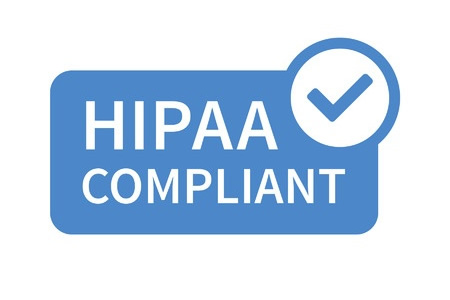HIPAA regulations continue to apply after an individual’s death, as they protect the confidentiality and privacy of deceased patients’ protected health information (PHI), ensuring that healthcare providers, insurers, and other covered entities maintain the same standards of privacy and security when handling and disclosing PHI even after the patient has passed away. This enduring commitment to privacy ensures that healthcare providers, insurers, and other covered entities maintain the same rigorous standards of safeguarding PHI even after the patient has passed away. The posthumous protection of PHI serves several critical purposes, including preserving the dignity and privacy of the deceased, respecting the wishes and rights of surviving family members or authorized representatives, and preventing unauthorized access or exploitation of medical information. Healthcare providers and organizations are still bound by HIPAA’s provisions, which require them to limit the disclosure of PHI to those with a legitimate need, even when the patient is deceased. Individuals designated as personal representatives or executors in legal documents or under state law may have access to the deceased’s PHI, provided they are authorized to act on behalf of the deceased. This ongoing commitment to privacy underscores the ethical and legal obligations of covered entities, ensuring that patient confidentiality remains a paramount concern even after their passing.
After a patient’s passing, healthcare providers must carefully manage their medical records in compliance with HIPAA regulations. Access to the deceased patient’s PHI may be granted to certain individuals or entities, typically including the executor of the deceased’s estate, the deceased’s legal next of kin, or individuals with documented legal authority to act on behalf of the deceased. These authorized individuals may require access to medical records for purposes such as settling the patient’s estate, addressing outstanding medical bills, or obtaining information for legal proceedings. HIPAA safeguards ensure that this access is granted only to those with legitimate reasons and legal authority while still respecting the deceased patient’s privacy rights. HIPAA also governs the retention and disposal of medical records for deceased patients. Covered entities must retain these records for a designated period, typically several years, depending on state laws and regulations. During this retention period, the same privacy and security standards apply as they would for living patients. After the retention period expires, covered entities must ensure the secure disposal of these records, whether in electronic or paper form, to prevent any potential breaches or unauthorized access.
HIPAA recognizes the importance of sharing information related to deceased patients for critical public health initiatives. In cases where the deceased’s medical history or circumstances could impact public health, such as during disease outbreaks or investigations, PHI may be disclosed to public health authorities. This information enables epidemiologists and public health officials to track, monitor, and respond effectively to diseases or health threats. It plays a vital role in preventing the spread of infectious diseases, understanding health trends, and implementing public health interventions. These disclosures are conducted under strict guidelines and are limited to the minimum necessary information required for public health purposes, ensuring that individuals’ privacy rights are respected. The use of deceased patients’ medical data for research purposes is another exception outlined by HIPAA. Researchers, including those in academic institutions, healthcare organizations, and pharmaceutical companies, may access medical records containing PHI, provided certain conditions are met. To protect patient privacy, researchers typically work with de-identified or anonymized data, where all identifiable information has been removed or altered to prevent patient identification. This approach allows for valuable research while safeguarding individual privacy rights. Additionally, research involving deceased patients must undergo rigorous ethical review by Institutional Review Boards (IRBs) or Research Ethics Committees to ensure that it adheres to HIPAA guidelines and maintains the highest ethical standards.

